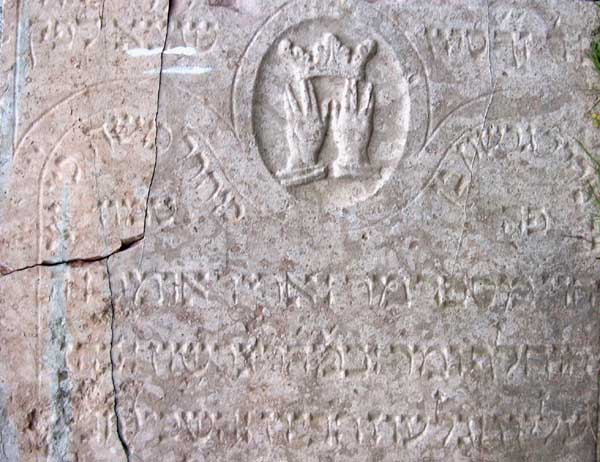Yesterday afternoon we went to see Everything is Illuminated. If you haven’t read the book, you shouldn’t go see the movie. I think that if you read the book after you see the movie, you’ll be disappointed, in retrospect, by the movie, and that’s not really fair to the movie. What I’m saying is that it’s a pretty good movie, but they changed it from the book and the book is freakin’ brilliant. I read the book last winter in Austria and I still remember sitting on the side of the bed after I’d finished feeling, oh, I don’t know, overwhelmed. Overcome. Blown away. Extreme, at any rate.
This is not a spoiler, but if you’re hyper spoiler sensitive, you might want to quit reading at this point anyway. I’m going to write about stuff that happens in both the book and the movie. Mostly about how it made me feel.
The movie hit something home for me in a way that the book hadn’t, maybe because the journey to the village isn’t so visual in the book. In the movie, they travel and travel and travel, in that crappy little car, and eventually they end up at the end of nowhere at the site of the village. It took them days to get there. And when they got there, nothing was left. We knew this from the get go, no big surprise, right?
But when I watched this happen in the movie, it just made me feel incredibly sad. There they stand, at this memorial site for 1037 people three days journey from anywhere. It’s not that part that made me so upset. It was the idea that 60 years ago, when it was a lot harder to get around, another group of people traveled for three days to do what? To slaughter 1037 people who were living at the edge of nowhere, minding their own damn business. They weren’t mining gold or manufacturing weapons or well, anything, really, they were just getting married and reading books and having dinner and then, they weren’t.

Tombstone, desecrated by Nazis and repaired after the WWII, Vienna, Austria
My Grandma was Ukrainian — it’s the Ukraine where this story takes place. And seeing that movie made me feel the weight of all my history on my shoulders. Every one hundred years or so, throughout, it seems, eternity, someone has taken it upon themselves to get rid of the Jews. They really went out of their way to do it, too. Just looking at this plain memorial on a grassy spot by a river, maybe not even a real memorial, I mean, it was a movie, for crying out loud, made me feel like somehow I could see the line connecting those imaginary people in the Ukraine to me. And before that.
Okay, this is overly dramatic. I get that. But it stayed with me for hours and hours and hours. Maybe because my Grandma came from a place like that. Maybe because I’d just been talking plans for the upcoming Jewish New Year. Maybe because I’m just susceptible because there’s a lot going on right now and my skin is a little too thin. Who knows. It doesn’t matter. All I could think about for hours and hours after that movie is how some evil (evil doesn’t even begin to describe it) people got in their cars and drove for days to kill the inhabitants of some place at the edge of the map. For no reason other than that they believed a little differently about the world than they did.
I wish I had something, um, illuminating to say at this point, but all I can think of is this: History. Man, it’s a bitch.

It’s so interesting to me that you got this message from the book. I read it, too, and my family is from NeÄviz, a tiny ex-town on the border of the Pripet Marshes (which extend to NW Ukraine), a tiny town that too was destroyed, by these same people. (My grandfather told me the town name meant “bad smell.”) And yet, when I read the book, I managed to miss this connection. I guess I’d miss it if I saw the movie, too. Thanks for posting this though. Food for thought for sure.
I’d never heard of this (book or film) but am going to look out for it now. Fascinating. Thanks.